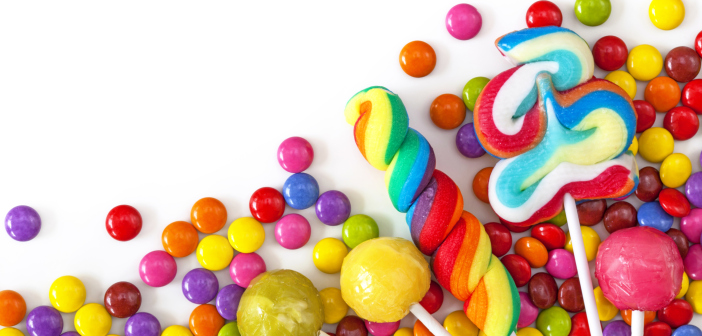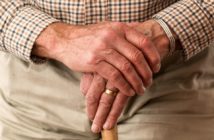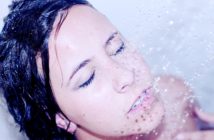If you have teeth, then you’re at risk of getting cavities. However, eating the wrong foods can make your chances of getting cavities much greater. What you eat and how often you eat your favorite foods play a major role in the health of your teeth.
Foods That Increase Your Chances of Getting Cavities
According to the Mayo Clinic, any food that clings to your teeth can lead to cavities. Those foods include cake, cookies, dried fruit, dry cereal, hard candy, honey, ice cream, milk, potato chips, soda, and sugar. Since these foods aren’t easily washed away by your saliva, they’re more likely to cause tooth decay, which leads to cavities.
Carbonated Soft Drinks: Sugary drinks aren’t good across the board, but carbonated sugary drinks are even worse. Not only are they packed with sugar, but they also have citric acid and phosphoric acid, both of which will erode the enamel on your teeth. Drink water as much as you can and look for bottled water that’s been fluoridated.
Starches: Starchy foods get stuck in your mouth, which is why you may feel like you have to pick at your teeth after eating chips, pretzels, bread, or crackers.
Sticky Sweets: If you must eat candy and sweets, pick ones that don’t stick to your teeth. That eliminates caramels, lollipops and even cough drops (if they have refined sugar). While chocolate isn’t as bad as other sugary candies, it hasn’t been proven that chocolate actually prevents cavities, although some studies claim that it does. Sugary foods should be eaten with meals instead of alone. This will neutralize the acid and rinse away sugar food particles.
Foods and Liquids That Are Drying
The regular foods you eat throughout the day aren’t the only things that can lead to cavities. Anything you ingest that dries your mouth out is bad, too. Alcohol and several different medicines can dry out your mouth, which can lead to cavities – you need saliva to whisk away bacteria. If you have to take medications that dry out your mouth, consider getting a fluoride rinse or brushing your teeth with fluoride gel.
Frequency of Eating and Drinking
The types of foods you eat aren’t your only problem – how often you eat and drink plays a role in how many cavities you get, too. We talked with Valley Dental Care about this topic, and they said, “When you snack or sip drinks (other than water) often, the bacteria in your mouth has even more opportunities to produce acids, which wear your teeth down. Soda and other acidic drinks are your worst enemy when it comes to cavities, especially if you drink them often – sipping a glass of soda is like giving your teeth a bath in acid. It’s best to limit snacking between meals. Or, if you have to snack, choose something healthy or chew sugarless gum, which will help you produce saliva and wash away food particles and acid.”
Cavities in Infants
It’s best for parents to avoid giving babies bottles with milk, juice, or formula (or any other liquid that contains sugar) at bedtime. Since these foods will stay on the infant’s teeth throughout the night while they sleep, bacteria can begin to cause decay. This is a common problem, called Baby Bottle Tooth Decay.




